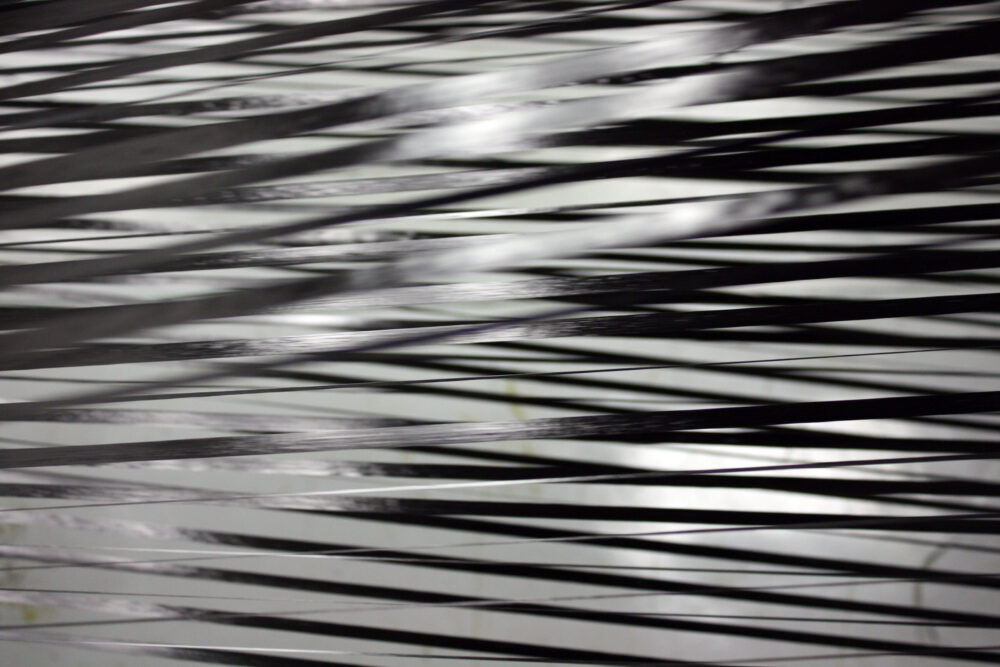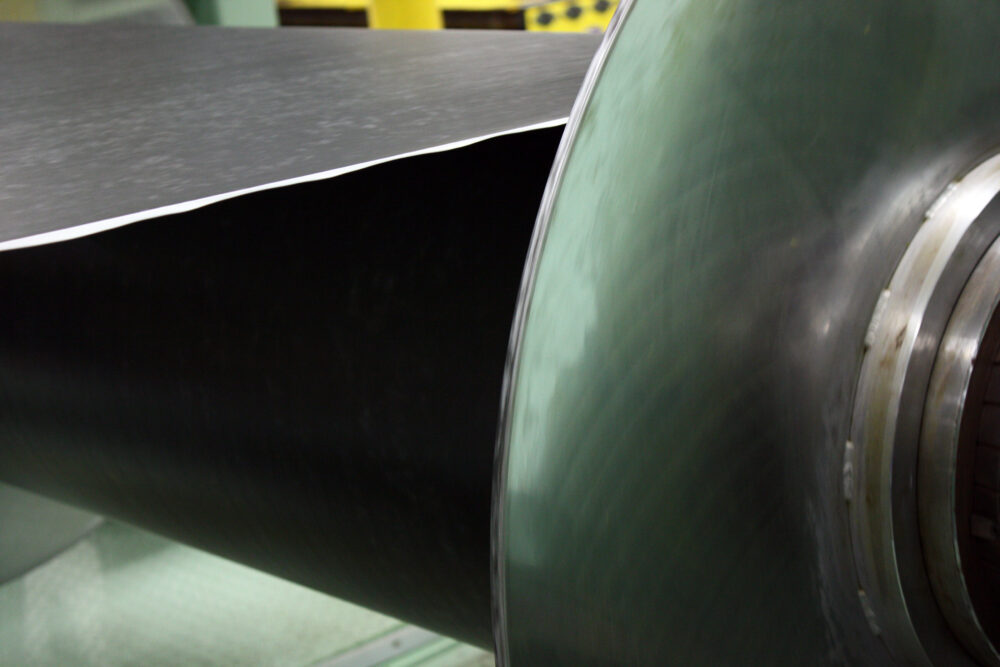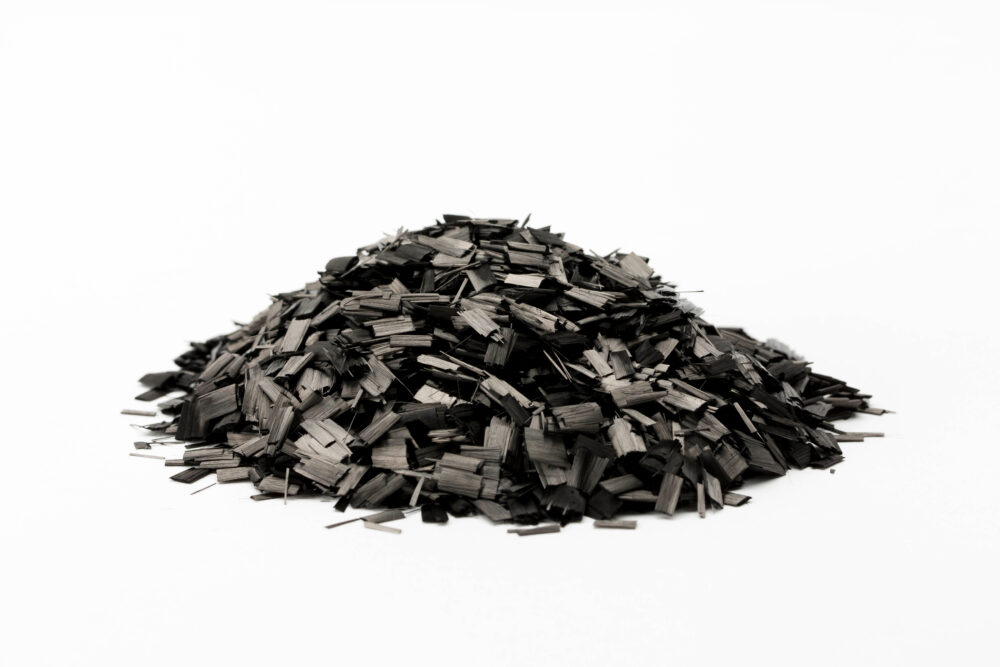TORAYCA® carbon fiber has good processibility as characterized by susceptibility to fuzz, consistency of tow width, and tow spreadability, and the resultant composites parts have good and predictable performance based on the high-level and consistent properties of the fiber.
All products are able to be woven, but the characteristics of each fiber, such as tow size (filament count), twisting (twisted, untwisted, or never twisted), sizing type, etc., affect the optimal application space and processing of each product. Several of our products were developed specifically for weaving and similar processing, for example carbon fibers using Type 4 sizing.
Please reach out to our excellent Sales and Technical Service teams to find the best fit for your application.


